(Just so you know, there may be some affiliate links in this post, but we only recommend items that we believe in and think will benefit you on your travels.)
1. Tell us about yourself and sum up your travels for us.
Greetings! I’m Nora, aka The Professional Hobo. In 2006, I sold everything I owned in Canada (including a busy financial planning practice) to embrace my lifelong dreams of culturally immersive travel – something I couldn’t achieve with regular vacations. I had no idea what I’d do, where I’d go, or how long I’d actually travel for.
Well, I’m still on the road 11 years later, and going strong! So, there’s that.
I’ve traveled through and/or lived in 55+ countries so far. I enjoy the art of slow travel, staying months (and in some cases years) in a place to truly get a feel for the culture and people. Also, traveling fast for 11 years isn’t sustainable on a variety of different levels.
2. How have you funded your travels?
When I sold my financial business, it kicked out an income of about $2,000 (Canadian) per month for two years. My goal was to see if I could travel full-time on that alone without touching my savings. Simultaneously, I decided to start a freelance writing business on the road, and my goal was to be able to replace my $2k/month income at the end of the two years when it ran out.
In both instances, I was successful!
My income (and expenses) have varied quite a bit over the years, but I always manage to travel full-time in a financially sustainable way, and that’s what I teach others to do (so I kinda have to lead by example).
I publish my annual income and expense reports on my website; you can find them linked to the home page of my website, for which you’ll find a link at the end of this post.
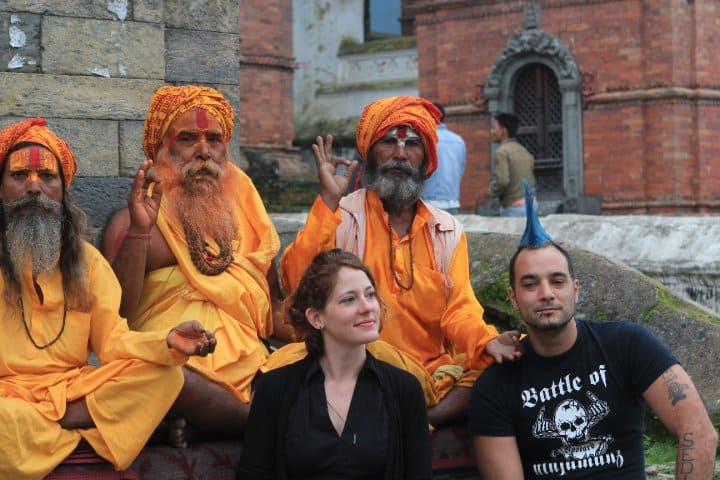
3. Tell us about your budget.
Although I track my expenses and income religiously, I don’t tend to follow any sort of specific budget. I’m pretty good at knowing how much I’m earning, and in turn, how much I can afford to spend. If one month is exorbitant (with an annual health insurance payment or some sort of splurge for example), I have a savings buffer I can draw from. And many months I don’t spend what I earn so I can continue to set money aside and invest.
Through years of tracking my expenses, they’ve ranged from $17k/year to $44k/year. The cheapest years were usually because I did a lot of volunteering in trade for free accommodation, and the most expensive year was an unmitigated disaster with tragedies all over the place that ended up costing me on a variety of levels. But over the years, I’ve found a “sweet spot” of sorts at $24,000/year, all in – including business and insurance and personal expenses.
4. What have you learned about money since hitting the road?
I’m a financial planner. I learned most of what I needed to know about money before I started traveling full-time! Probably the biggest travel-related financial lesson I’ve learned along the way is that rural locations are generally inherently cheaper than cities…where I tend to go on spending sprees!
Other money lessons learned have been more esoteric in nature; combined with concepts like work-life balance, romantic relationships, and “easy come, easy go”!
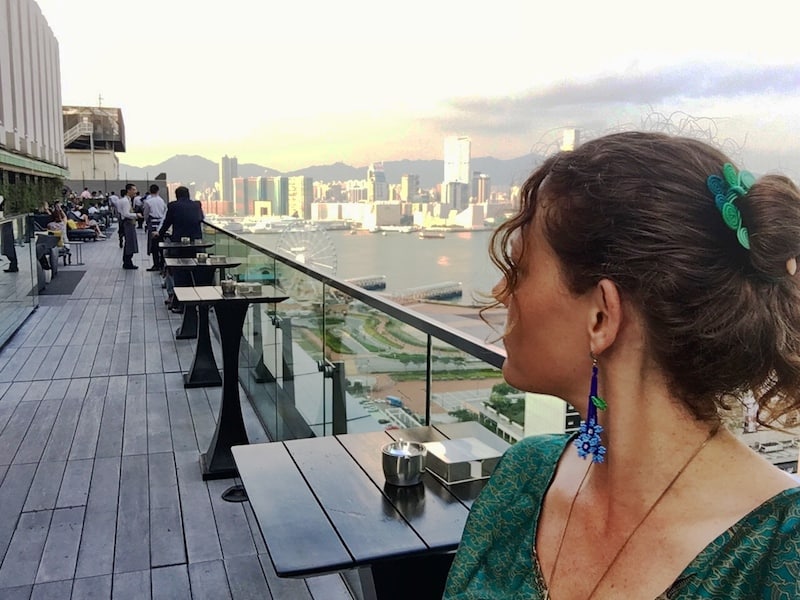
5. What’s your top tip for someone trying to figure out how to make long-term travel financially possible?
My whole website is about this! The biggest takeaway for me: financially sustainable travel is NOT synonymous with budget travel. It’s about money in, and money out. If you earn a lot of money (or have a lot of money in savings), your travel lifestyle can look different than if you’re not earning so much money.
And on the topic of budget travel, for me it’s about creative spending. I have not – and will not ever (if I can avoid it) – eat dry macaroni for dinner because I’m on a budget. I’m a girl with champagne tastes and a beer-drinker’s budget, and I do quite well by it. I’ve stayed in palatial residences – for free – around the world. I wear nice clothes. I fly in business class (for less than the price of economy tickets). When I want lobster, I eat lobster. I spend my money creatively, and I employ strategies to save big dollars on big ticket items like accommodation and transportation.
6. If someone wanted to follow in your footsteps, are there any online resources you’d recommend?
Well, ahem, I wrote a book called Working on the Road: The Unconventional Guide to Full-Time Freedom. It’s about designing your career around your lifestyle desires, instead of what most people do – which is the other way around. So, if you want to follow in my footsteps and design a career to take you around the world, I’d start there!
I also wrote another book called How to Get Free Accommodation Around the World, which you’ll find through my website (The Professional Hobo). I’ve saved over $100,000 in accommodation since I started travel and simultaneously had some pretty epic and culturally immersive experiences using the techniques in this book.
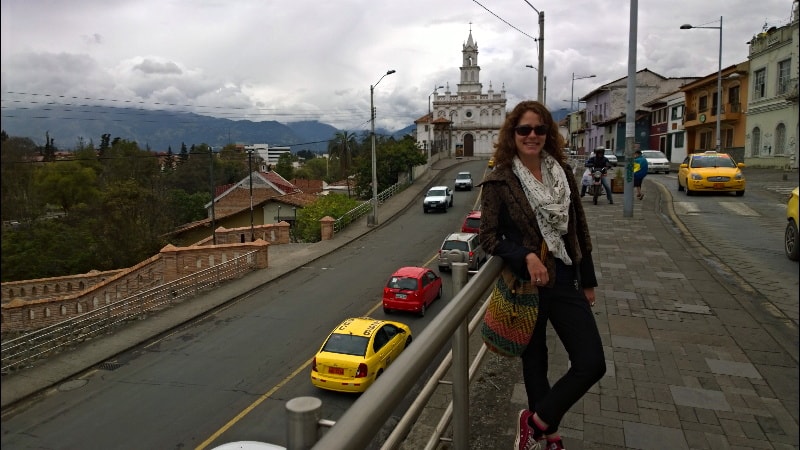
7. What’s some of your favorite travel gear that enables you to do what you do?
Career wise, I need a laptop. Thus, I’d throw myself in front of a bus to protect my MacBook Air 11” (save for the fact that without me, my laptop would be pretty useless).
And because I live out of a suitcase, I’m all about packing tools. My favorite is the Hoboroll, which organizes and compresses an impressive amount of stuff.
Lastly, a random piece of gear that serves me over and over again, is my headlamp. Great for mountain treks, rural night walks, and even a trip to the bathroom in the middle of the night in a place I’m not accustomed to!
8. Where can people follow your travels?
Please visit my website: The Professional Hobo
And check out my YouTube channel here.
Also, I have a monthly “Dear Nora” column on CreditWalk that answers reader questions: Dear Nora
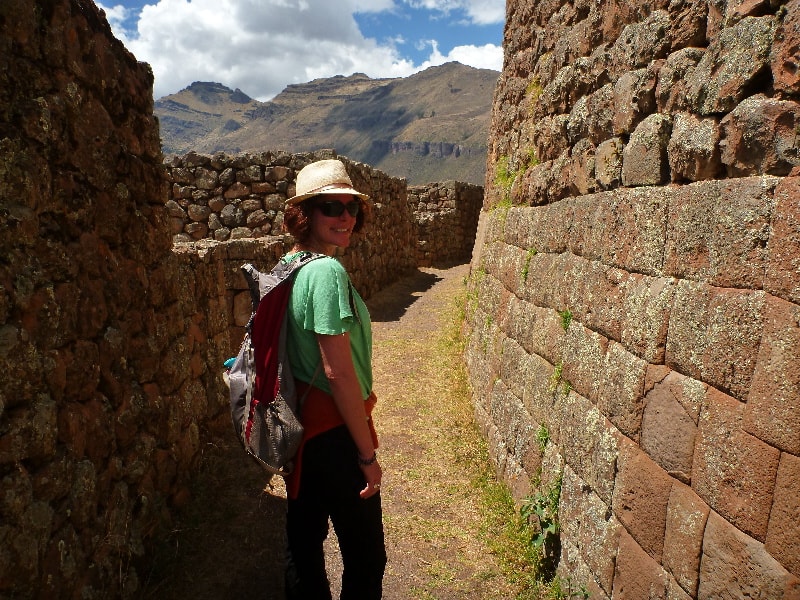
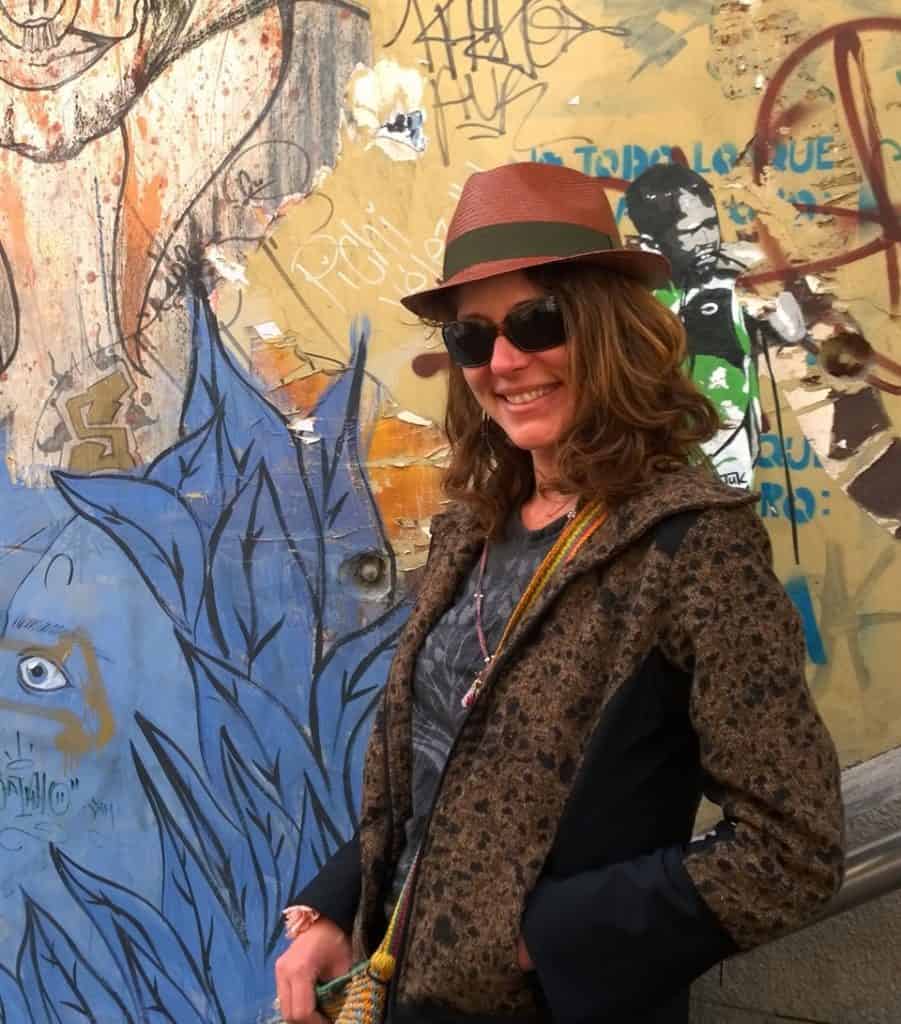
Leave a Reply